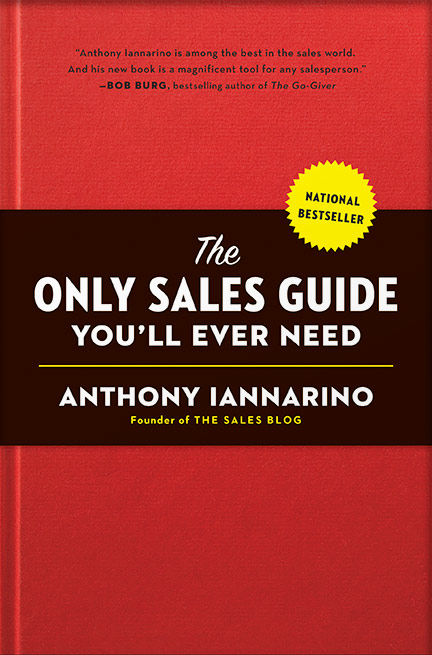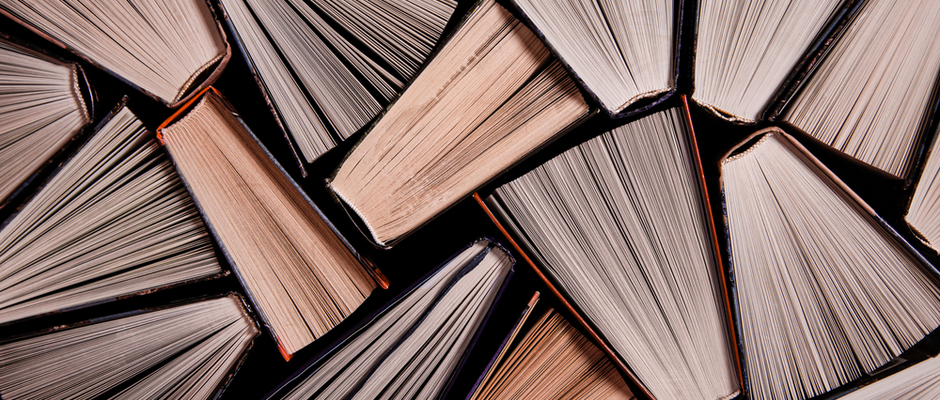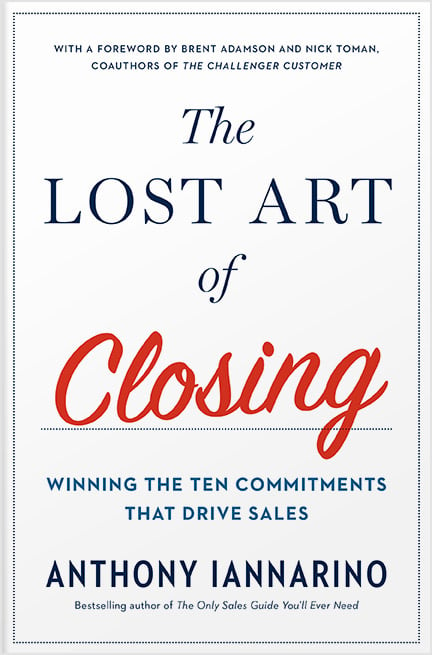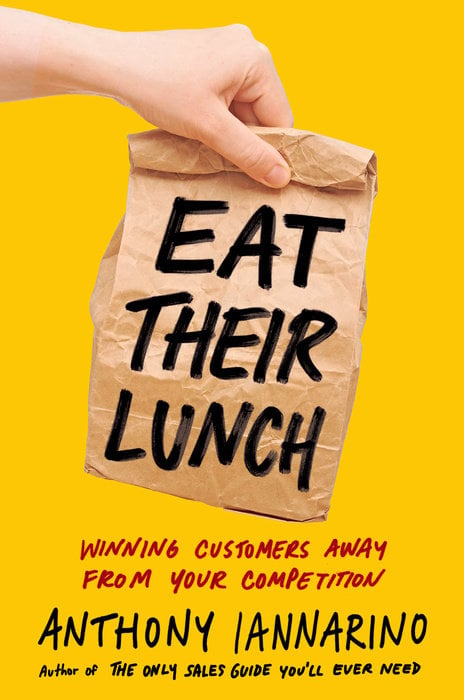The Gist
- Read wisely, choosing books based on their value, not their novelty.
- There is little gained by trying to read as many books as possible as fast as you can. Instead, you should drink deeply.
- Reading widely allows you to connect ideas and increases the value of your reading, so you can better understand your world.
In a world of scarcity, our public library—just around the corner from my school—provided lavish abundance. I usually walked out with a dozen books at a time, even though I had no chance of finishing all of them before the due date two weeks later. Especially after I encountered Jonathon Livingston Seagull in sixth grade, I read voraciously: Watership Down by Richard Adams, Tolkien’s Hobbit and Lord of the Rings, and an endless series of Conan the Barbarian paperbacks. It wasn’t long before my late fees started piling up, sometimes exceeding an imposing ten dollars.
It is difficult to part with books, especially the ones you love, the ones you wish would never end. It was worse for me: I never wanted to give them back! Even today, I am most comfortable when surrounded by books. Great books nourish your mind, though plenty of good ones tell their stories well despite the empty calories. Much like your taste for certain foods changes as you mature, at some point you come to prefer great literature to pulp fiction. Part of that change comes from recognizing that you are eventually going to run out of time—that some book will be the last book you ever read.
You will find a lot of people who pride themselves on reading one book a week, often sharing pictures of the impressive stack of books they’ve read. It’s as much a fashion statement as anything: they generally read solely so they can “casually” remark, “Oh, have you read Gladwell’s new book?” Still, I managed to read a book a week for years, even alongside my absurd reading loads in college and law school. Those who keep it up must have a stronger memory and more effective ways to digest these works than I do, as I have little memory of the books I consumed so quickly. In fact, I found, the speed at which I consume books is inversely proportional to the value of the book, which is why I am disappointed when a great book ends and why I feel compelled to read it a second or third time.

Essential Reading!
Get my first book: The Only Sale Guide You'll Ever Need
"The USA Today bestseller by the star sales speaker and author of The Sales Blog that reveals how all salespeople can attain huge sales success through strategies backed by extensive research and experience."
Buy NowInstead of neophilia, the love all things novel (including, well, novels), your reading habits would be better served by applying the Lindy Effect, which says the longer a work survives, the longer its life expectancy. The reason a book enters the canon is because it has been valuable over hundreds or even thousands of years. Books that are continually reprinted tend to be books that are worth reading.
Breezing through fifty cotton-candy books—and gaining little for your time—benefits you far less than consuming, digesting, and being transformed by, say, eleven books.
The fact that you won’t have enough time to read all of the books you want to read suggests that you choose wisely, taking great care when you decide where to invest your reading time. Over four decades, twelve books a year comes out to about five hundred books. Making good choices will lower that number, as you will no doubt return to a number of them that compel a second or third readthrough. The polemicist Christopher Hitchens’ autobiography, Hitch-22, allows me to hear his voice—lost to us in 2011, but eternally alive in print. Carlos D’Este’s incredible biography of Patton is not only a great story, masterfully told, but brings the subject to life so well that you leave the book feeling as if you know Patton personally. The books that speak to you become perennials.

Businesspeople tend to believe they need to spend all of their time reading books about business. While there is every reason to read in your field, that decision narrows the value of reading. One of the great outcomes from reading widely is that it creates connections between domains, providing a more complete and a more nuanced understanding of your world.
You can learn as much about leadership and business from Andrew Roberts’ biography of Napoleon or Nassim Nicholas Taleb’s Antifragile than whatever shows up on the “New Business Books” table at Barnes & Noble. And you can learn much about human behavior and memetics from Howard Bloom’s The Lucifer Principle: A Scientific Expedition Into the Forces of History, a book with a provocative title and disturbing cover.
Any book that doesn’t capture you completely by the forty-fifth page can be abandoned without regret. The book might not be what you need now, simply because it showed up in your life at the wrong time. Forgive yourself, and forgive the author, as they will surely forgive you for putting down their book and picking up another.
Do Good Work
- Choose a single book that you believe will be valuable enough for you to read the hardcover version slowly, giving it your full attention.
- Write down any passage that speaks to you, then make notes on the idea in your own words.

Essential Reading!
Get my 2nd book: The Lost Art of Closing
"In The Lost Art of Closing, Anthony proves that the final commitment can actually be one of the easiest parts of the sales process—if you’ve set it up properly with other commitments that have to happen long before the close. The key is to lead customers through a series of necessary steps designed to prevent a purchase stall."
Buy Now
Essential Reading!
Get my 3rd book: Eat Their Lunch
"The first ever playbook for B2B salespeople on how to win clients and customers who are already being serviced by your competition."
Buy Now







.jpg?width=768&height=994&name=maximize-productivity-ebook-v3-1-cover%20(2).jpg)


